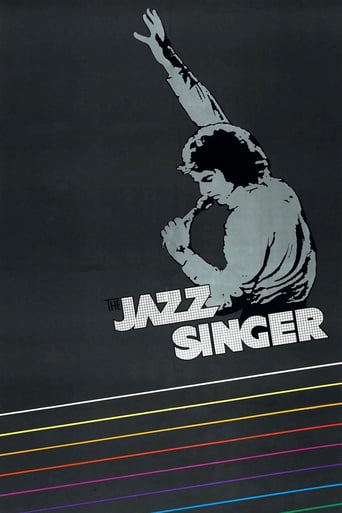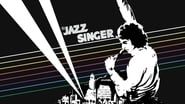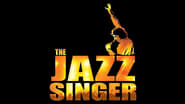jarrodmcdonald-1
Charter cable's on-demand service usually provides films airing on FLIX and those titles are separated by decade. Last night I selected the menu for the 80s, and I came across the Neil Diamond version of THE JAZZ SINGER, from 1980. Since Dr. Goldman had recently screened the 1927 and 1952 versions on TCM as part of the Projected Image Series without even mentioning this later, more modern one-- I decided to watch it. I had never seen it before.Early in the picture, after Diamond's character starts to go off on his own and sing pop music, he is traveling with his band to a club. On the way there, he finds out it's a black club (which is what he says in the movie). All the guys in his band are black, except for him. When they get to the club and go backstage to get ready, someone has the idea of putting him in black face so he will blend in with the rest of them. We cut to them performing on stage and Diamond is indeed in black face for that number. The camera pans to the crowd and all the patrons are black and they are digging the music. At some point, a guy in the audience realizes Diamond is Jewish, not black, and he is exposed for being 'different.'Personally, I did not find this scene to be offensive-- and I thought it was a rather clever way for the writers to come up with keeping that portion of the Jolson version in the story. I can't remember if Danny Thomas appeared in black face in the second film, but I don't think he did. Neil Diamond's THE JAZZ SINGER was not a huge commercial hit, but it made $27 million at the time of its release ($78 million dollars today using an inflation calculator) and it earned another $4 million with domestic television broadcasts. Obviously a lot of people at the time saw Diamond in black face, and it wasn't enough for the project to fail. The soundtrack went multi-platinum, too. So in a way, this version did have a significant cultural impact, long after the days of Martin Luther King and the civil rights era-- but of course, before our current stranglehold of political correctness.
PWNYCNY
The 1980 movie became a hit for Neil Diamond, largely due to his rendition of the songs "Love on the Rocks" and "America." As for Laurence Olivier's performance as a Jewish cantor in the 1980 movie, watch the movie and decide for yourself what you think of his performance. The 1980 movie also features Neil Diamond performing in black face, just like Jolson did fifty-three years earlier. Question: Have things really changed? Although the movie is rife with cheesy acting and dialog that makes one wonder if the script was perhaps improvised, nevertheless in its own inimitable way it succeeds in telling a story about America, which is something. Now if the movie only had a decent screenplay to go along with movie's underlying theme, then maybe the movie could be taken more seriously. But such improvement will have to wait till the next remake.
nolbar
The Jazz Singer with Neil Diamond is one of my favorite movies. How can anyone say he can't act? Every time I suggest to my husband that we watch it, he usually doesn't want to because he reckons it is one of the saddest movies of all time. I keep saying "They are only acting and it does work out in the end after all" but I still have trouble getting him to watch it and I usually have to agree to watch 'Going my Way" first!!!! Neil Diamond in concert is fabulous. Neil Diamond acting is nearly as good. I also can't understand why Lucy Arnez didn't make it as an actress, having famous parents must be a disadvantage in some cases.
moonspinner55
Balladeering "rock" singer Neil Diamond's puerile brand of romantic pop certainly has its followers, yet his soggy uplift is an uncomfortable match in this modern-day story of a Jewish cantor's son chucking the synagogue for a chance at mass stardom. The film is a big bogus cliché embalmed in Hollywood-ized Saran-Wrap, and Diamond's acting debut consists of a series of glowering poses. Remake of the 1927 and 1953 films does try to be clever (such as an early scene with Diamond singing in an all-black nightclub), but the minute the love story with Lucie Arnaz is interjected, any energy the movie has worked up goes right out the window (it's just a plot-device, though Arnaz keeps her dignity). Laurence Olivier overacts as Diamond's father, mincing and spitting out his lines in what results as a Jewish parody, and the finale is a laughably cheap artifice. If you really must hear "America" or "Love On The Rocks", you'd be better off with the CD. *1/2 from ****






